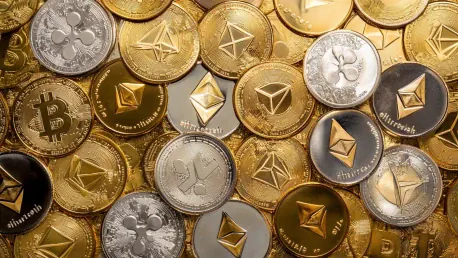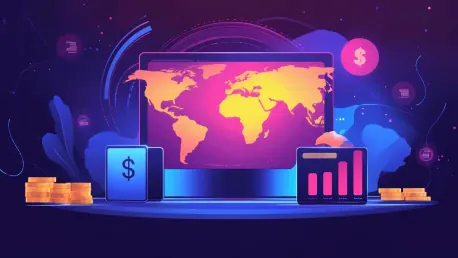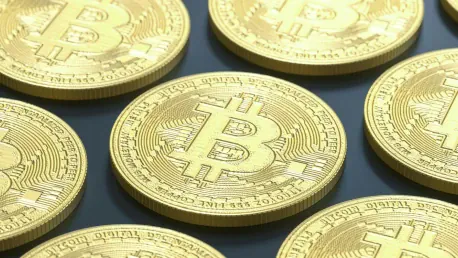
Solana (SOL) has captured the attention of the cryptocurrency market with its high-speed blockchain and low transaction fees. As of November 2024, Solana is trading around $250, and many are speculating whether it can reach the ambitious price target of $1,000 in the coming years. This article

In the modern era of globalization, the demand for efficient, transparent, and cost-effective cross-border payment systems has grown exponentially. Traditional methods of transferring money across borders have proven insufficient, plagued by high fees, sluggish processing times, and significant

The world of blockchain technology and decentralized finance (DeFi) is experiencing significant advancements, with Ethereum, Chainlink, and BlockDAG leading the charge. These developments are not just incremental improvements but transformative shifts poised to redefine the future landscape of

The crowdlending market in Europe is on the verge of a transformation with the advent of blockchain technology, and 8lends is positioned at the forefront of this revolution. By integrating blockchain into peer-to-peer (P2P) lending, 8lends aims to significantly enhance transparency, reduce costs,

The cryptocurrency market recently faced notable fluctuations, with Bitcoin's price dipping below the $100,000 threshold, raising concerns among investors and analysts alike. This significant decline has broader implications, affecting major cryptocurrencies like XRP and Dogecoin (DOGE).

A recent pilot project under the Monetary Authority of Singapore's Project Guardian has demonstrated the successful settlement of tokenized fund subscriptions and redemptions using the SWIFT network. This initiative, in collaboration with SWIFT, UBS Asset Management, and Chainlink, highlighted